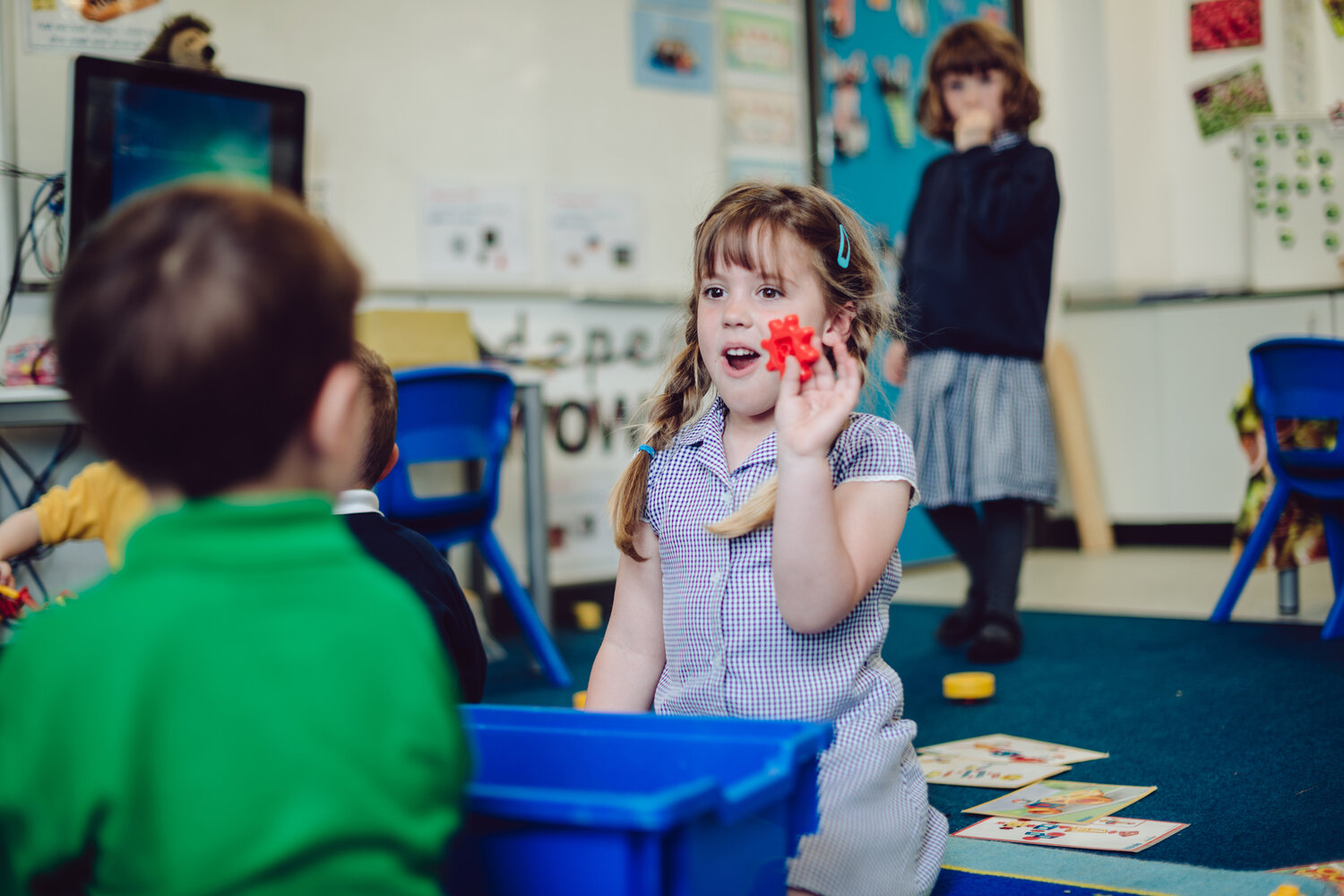Music
Musical Education at Marine Academy Primary encompasses many different forms, each of which gives children knowledge and understanding of the subject in order to become more competent, confident and motivated in musical exploration. Music is so much a part of children’s lives, that they often do not even notice it. The curriculum is designed to not only build awareness, but also to raise aspirations and open the children up to not only the potential of music in their lives as a way of enjoyment, but also as a valid career that they might wish to take on later in life.
A musical specialist leads music at school, and every week there is a singing assembly for upper and lower school where children learn how to enjoy their voices, pitch notes correctly and sing as a group together. This bolsters confidence and allows children to attain a sense of achievement when working as a collective. We believe this helps language development and self-confidence in a non-threatening, friendly environment. Those children who might be reticent to join in during lesson time, can easily take part and feel a sense of belonging when singing together.
Success in music takes different forms. This might take place during a Starfish of the Week assembly, held in front of the whole school, through Head teacher prizes, dojo points or having successes shared through social media. They could have performed in front of third parties, such as the Lord Mayor, members of community choirs or as part of a massed event such as Voice in a Million. The Plymouth Music Education hub is engaged twice a year to provide additional musical lessons for two Year groups. This can range from Urban Gamelan playing, steel drums workshops, Brass instruction or Ukulele orchestra.
Children in Reception develop knowledge of sound, songs, music and instruments from the very beginning of the year and throughout their time in Reception. They have continual access to musical instruments where they can explore the different sounds that musical instruments make and how they can be played differently to create a new sound. They use songs, music and dance as a way of expressing themselves freely during their independent learning time but equally teachers use music throughout the curriculum. For example, the use of musical instruments in Maths lessons supports children’s understanding of pattern, in Term 3 children learn dance as part of their P.E. lessons and in Term 6, as part of their ‘Super Safi’ topic children listen to and recreate African music. In addition to this, children in Reception have weekly singing assemblies where they learn a mixture of modern and traditional songs. The knowledge of music and the experiences on offer throughout their Reception year provides children with the confidence and knowledge to begin the next stage of their education in KS1.
Peripatetic Music and Clubs
Music clubs are ongoing during the year, with choir being open to all year groups, and a Year 5/6 ‘Band in a Term’ club that takes place in the summer term. Peripatetic music is taught four days a week in school, with the children learning Piano / Keyboard, Brass, Drums, Ukulele, Recorder and Guitar. These activities are designed to be focussed, fun and engaging for all who attend, contributing to children’s learning in school, wellbeing and mental health.
Special events take place regularly during the year. These take place in all year groups and are designed to foster an inclusive, group approach, so that all children share the joy of taking part in – and making – music. All children have opportunities to attend Music events at different times throughout the year and can represent the school in different ways, whether it is through assembly, during Spring concerts Plymouth Music Hub events or Christmas Carol concerts.
The curriculum is designed to be both progressive and cumulative, allowing children to not only revisit skills taught previously as they progress through the school, but also to improve upon them and feel a sense of achievement as they do so. As the children move through the school, so their lessons change and adapt to reflect their growth. Skill based work extends into exploration of World music, which in turn develops their ear for melody and rhythm, thereby giving them confidence to begin analysing music they hear with the correct language and terms. This ground up approach allows children to feel a sense of success, and the differentiation built into the lessons ensures all can take part.














